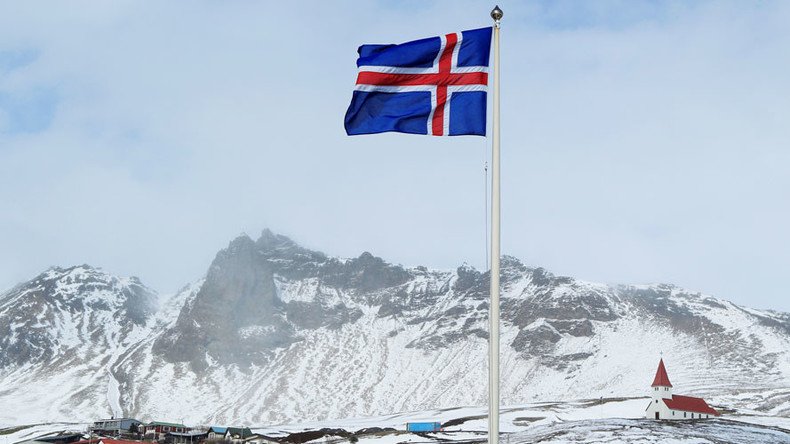Iceland ready to ease capital controls

The government of Iceland has decided to lift most of the restrictions on currency movements introduced following the 2008 global financial crisis.
The bill proposed by the country’s Finance Ministry aims to allow individuals to purchase property abroad and extend the right to buy foreign currency in cash.
The bill has already been approved by the International Monetary Fund (IMF), and is to be presented to parliament this week.
“This will enable residents and non-residents to transfer deposits and securities to and from Iceland and to trade in securities abroad within the limits specified in the bill,” the ministry statement said.
Under the renewed regulations, individuals will be allowed to invest 100 million krone ($850,000) in securities a year and buy at least one unit of property abroad.
The foreign investments outside the country will become unrestricted, but still subject to confirmation by the central bank. According to the bill, other restrictions and limits will be lifted on January 1.
“This is a rational continuance of what we’ve been doing so far - preparing the capital controls’ removal process,” Finance Minister Bjarni Benediktsson said in an interview with media.
According to the central bank, Icelandic banks, households and currency reserves are resilient enough for the step.
The proposed measure might spark outflows of 40 billion to 165 billion krone under the initial estimates, according to the central bank’s governor, Mar Gudmundsson. Iceland had foreign currency reserves of 680 billion krona at the end of July.
READ MORE: Iceland wants UK to join Nordic alliance of non-EU countries
The restrictive regime for national currency was imposed in 2008 following the banking crisis, when the government chose to nationalize three major banks and announced a default on $85 billion in loans.
“Iceland has a huge current account surplus, which has backed up the krona enormously. We now need some capital to exit the economy. We need outflow just to ensure a balance in the system,” said Asgeir Jonsson, associate professor in economics at the University of Iceland, as quoted by Bloomberg.
Iceland is taking its final steps to rejoin the global financial community with its GDP expected to grow 4.5 percent this year and 4 percent in 2017, according to recent central bank data.













